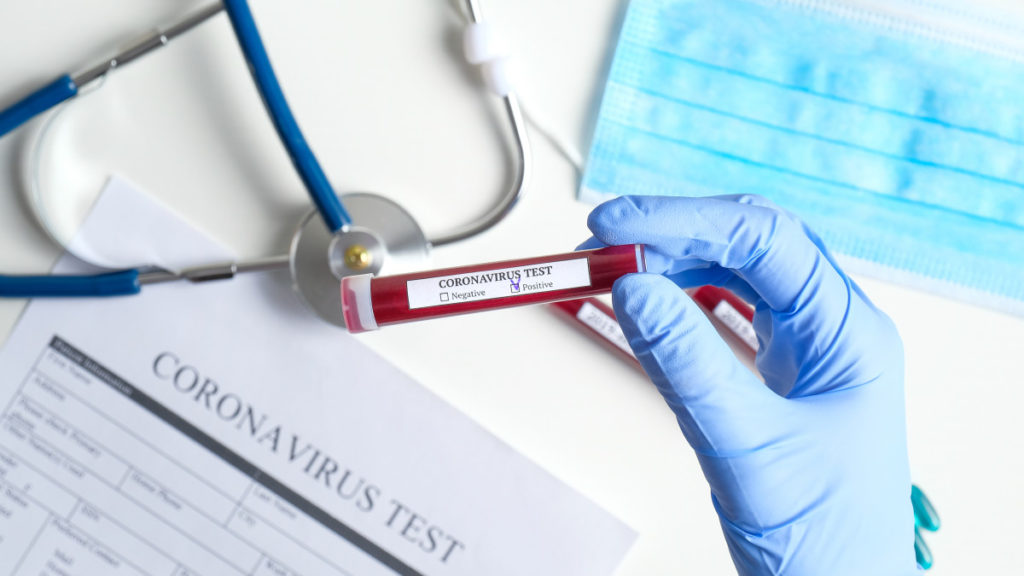Durban – The number of Covid-19 cases in South Africa has increased to 4546. On Sunday, the Health Ministry announced that the death toll had risen to 87.
“We regrettably report another Covid-19 related death in the Western Cape, which increases the total number of deaths to 87,” Health Minister, Dr Zweli Mkhize said.
The total number of tests conducted to date is 168 643, of which 7 639 were done in the last 24 hours.
Mkhize also announced the pending arrival of a delegation of 217 Cuban Medical Brigade, set to arrive in South Africa on Monday.
“This is in response to the Government of the Republic of South Africa’s request to the Government of Cuba to offer us assistance and medical personnel support comprising of infectious diseases specialists, to support South Africa in its efforts to deal with Covid-19. The strong social and political solidarity and support that exists between the two countries have been seen in various development programmes.
As the Department of Health, we have continuously enjoyed this support through the ongoing medical training programme of South African students in Cuba. As Cuba did in the difficult times of apartheid, it has once again lent its hand by sending health workers who are specialised in the areas of Family Medicine, Infection Prevention Control, Case Management, Regulatory Authority, Epidemiology and Surveillance, Health Technology and Biostatistics,” Mkhize said.
He explained that Cuba is known for its disaster preparedness and its consistent deployment of medical brigades for disaster relief wherever required, which continues to earn Havana goodwill worldwide.
Some of these highly skilled health professionals were in the frontline of fighting other outbreaks in the world such as Cholera in Haiti in 2010, and Ebola in West Africa in 2013. Before departure from Cuba, the medical brigade had been placed in quarantine to ensure that they minimise any form of exposure prior to coming to South Africa. This is despite the fact that Cuba is one of the countries where the reported COVID-19 infection rate remains minimal.
“As South Africa, we have taken an additional step which is in line with our lockdown regulations. This team will be put in precautionary quarantine as they await their test results. We will also use this period to fully induct them into the South African situational analysis and the various provinces they will be deployed to. Once this process is concluded, His Excellency, President MC Ramaphosa together with other Ministers will formally welcome the medical brigade to South Africa and also confirm their allocation to different provinces,” Mkhize said.
He expressed his sincere appreciation to the Ambassador of Cuba, HE R B Version and his team in South Africa that have greatly assisted in the coordination of this mission.
“We have no doubt our public health facilities will benefit from this generous and selfless gesture by our Cuban brethren,” he said.
Globally, the coronavirus has claimed at least 200 000 lives with more than 2.8 million people have tested positive. According to bbc.com, the United States has more than four times as many confirmed cases as any other country. More than 800 000 people have recovered from the coronavirus.
Meanwhile, a study on Covid-19 indicated that most South Africans were complying with the nationwide lockdown to curb the spread of coronavirus – according to Minister of Higher Education, Science and Technology Dr Blade Nzimande.
The survey, was conducted in two waves. The first, conducted from 27-31 March looked primarily at awareness levels and knowledge about the virus. The second, conducted form 9 April – 16 April, looked primarily at the impact of the lockdown on South Africa.
Key findings of the study include that the majority of people adhered to the regulations. The results show that 99% either left their homes for food, medicine and social grants or stayed home. The study revealed that 30% had not left home since the start of lockdown and 62% had left to get food and/or medicine.
